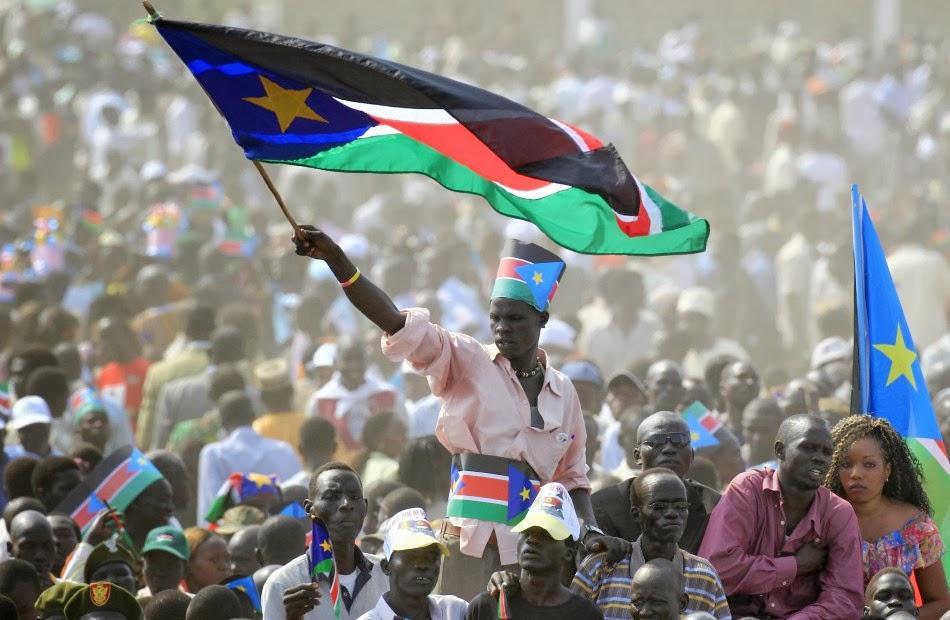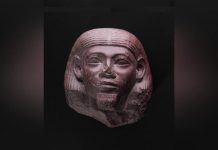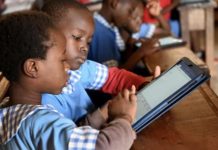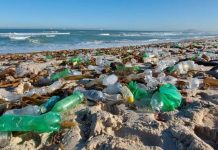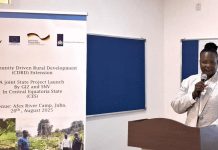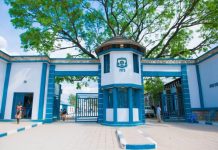Africa-Press – South-Sudan. As South Sudan prepares to mark 14 years of independence on July 9, members of the public are urging national leaders to reflect on the country’s founding vision and take genuine steps toward peace, unity, and development.
Citizens say the promises made at the time of independence remain largely unfulfilled and are calling on leaders to return to the vision of the late Dr. John Garang de Mabior, the founding leader of the Sudan People’s Liberation Movement (SPLM).
Fourteen years after the country gained its independence from Sudan in 2011, many say South Sudan is still struggling with issues of insecurity, corruption, and underdevelopment—problems they believe stem from a betrayal of the ideals of the liberation struggle.
“We, as citizens of South Sudan, don’t have any problem. We love this country with all our hearts,” said Joseph, a resident of Juba.
“If you noticed since yesterday, South Sudan flags can be seen everywhere in Juba and on cars. This tells you that the citizens love their country.”
He went on to say; “As we mark the 14th anniversary of independence, our leaders should reflect and correct their mistakes. Let them review themselves, remember, and recall the messages of Dr. John Garang. This country needs peace and stability. That is our hope and wish as the people of South Sudan.”
Dr. Garang, in his speech on January 9, 2005, during the signing of the Comprehensive Peace Agreement in Nairobi, Kenya, pledged that the SPLM would use the country’s diversity and natural wealth to build national unity.
He emphasized the need to use oil revenues to strengthen agriculture, promote rural electrification, and bring services closer to the people.
Yet, just two years after independence and eight years after Dr. Garang’s death in a helicopter crash, South Sudan descended into a brutal civil war in 2013. The conflict lasted until a fragile peace deal was signed in 2018.
Batista Armano, another Juba resident, said the upcoming anniversary should serve as a time for national reconciliation.
“We want to mark this Independence Day with peace,” Armano said.
“We urge our leaders to remember the days of struggle, why we fought for this country. It seems they forgot about the promises made. They should unite their ranks, sit down, and move this country forward.”
Armano also invoked the 2023 visit of Pope Francis to South Sudan, during which the Pontiff called on leaders to embrace peace and humility.
“Even late Pope Francis visited you in South Sudan,” he said. “So this country is blessed, and I hope our leaders will ensure its people enjoy the dividends of lasting peace.”
Others, like James, voiced concerns about corruption, tribalism, and insecurity, saying these issues have derailed the country’s progress.
“We want our leaders and politicians to review themselves and their manifesto,” said James. “During the struggle, their manifesto was not one of corruption, tribalism, or looting. If our leaders had implemented their promises, this country would have been far better than it is today.”
He added, “Let them improve security. Those who are fueling conflict will be cursed one day. Killing will not take us anywhere. We should take services to the people, not bring people to the towns.”
South Sudan became the world’s newest country on July 9, 2011, following decades of conflict with Sudan.
On that historic day, thousands took to the streets of Juba and other towns, waving flags and chanting “freedom.”
However, years of conflict and instability have since dampened the celebratory spirit, with national Independence Day celebrations largely subdued in the capital in recent years.
It remains unclear whether the government plans to hold an official ceremony this year.
For More News And Analysis About South-Sudan Follow Africa-Press

